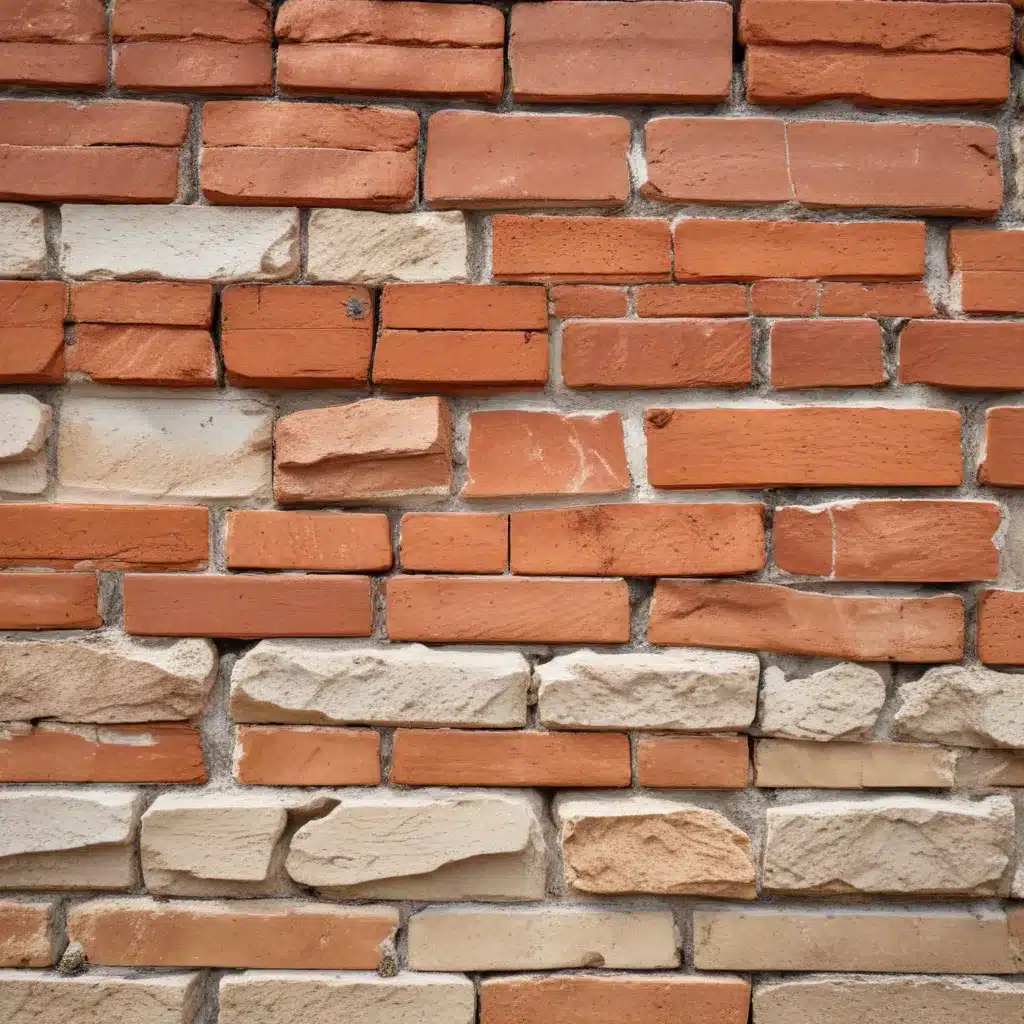
Understanding the Importance of Proper Pressure Washing Techniques
Maintaining the exterior of your property is crucial for preserving its value, safety, and aesthetic appeal. For buildings with masonry surfaces, such as brick and stone, proper pressure washing is essential to keeping them looking their best. However, using the wrong techniques or equipment can cause significant damage that may be irreversible.
In the St. Louis area, regulations and best practices for pressure washing masonry surfaces are in place to ensure the long-term preservation of these architectural features. By understanding the local guidelines and following expert-recommended methods, homeowners and property managers can effectively restore and protect their brick and stone exteriors.
Navigating Local Regulations and Compliance
The city of St. Louis has specific regulations governing the use of pressure washers on masonry surfaces. These regulations are designed to protect the structural integrity and historical character of the area’s buildings.
According to the St. Louis Building Code, pressure washing of brick, stone, or other masonry surfaces must adhere to the following requirements:
-
Maximum Pressure: Pressure washers used on masonry must not exceed 500 pounds per square inch (psi) of water pressure. Higher pressures can damage the surface and accelerate the deterioration of mortar and sealants.
-
Approved Cleaning Solutions: Only biodegradable, environmentally-friendly cleaning solutions may be used. Harsh chemicals, such as bleach or acids, are strictly prohibited, as they can have a corrosive effect on masonry.
-
Wastewater Disposal: All wastewater generated during the pressure washing process must be properly contained and disposed of in accordance with local environmental regulations. Improper disposal of wastewater can lead to fines and environmental damage.
-
Historic Preservation: For buildings designated as historic landmarks or located within historic districts, additional regulations and approval processes may apply. Property owners must consult with the St. Louis Historic Preservation Office before undertaking any pressure washing or exterior cleaning projects.
Failure to comply with these regulations can result in significant penalties and the potential requirement to redo the entire cleaning project. It is essential for homeowners and property managers to familiarize themselves with the local guidelines and work with experienced pressure washing professionals to ensure their masonry surfaces are cleaned safely and effectively.
Pressure Washing Techniques for Brick and Stone
When it comes to pressure washing masonry surfaces, a one-size-fits-all approach simply won’t do. The specific techniques and equipment used must be tailored to the type of masonry, its condition, and the extent of soiling or staining.
Brick Surfaces
Brick exteriors can be particularly vulnerable to damage from improper pressure washing. The porous nature of brick makes it susceptible to water penetration, which can lead to crumbling, spalling, and the breakdown of mortar joints. To clean brick safely, it is recommended to use a low-pressure washer (no more than 500 psi) with a wide-angle, fan-tip nozzle. This gentle approach helps to remove surface dirt and grime without causing harm to the brickwork.
Stone Surfaces
Stone masonry, such as limestone, sandstone, or granite, also requires a delicate touch when pressure washing. These materials can be easily scarred or etched by high-pressure water, leading to a loss of the natural patina and potential structural damage. For stone surfaces, the maximum recommended pressure is 300 psi, and the use of a rotating, oscillating, or flat-tip nozzle is preferred to evenly distribute the water flow.
Mortar and Sealants
In addition to the masonry itself, pressure washing can also impact the integrity of mortar joints and any sealants or coatings that have been applied to the surface. Excessive water pressure can dislodge or deteriorate these materials, leading to increased susceptibility to water infiltration and structural problems. When pressure washing, it is essential to maintain a safe distance from the mortar and avoid directly spraying sealants or coatings, as this can accelerate their breakdown.
Cost Considerations and Eco-Friendly Alternatives
Pressure washing can be a cost-effective way to restore the appearance of masonry surfaces, but the process must be carefully managed to avoid unnecessary expenses down the line. Improper techniques that result in damage to the brick, stone, or mortar can lead to costly repairs or even the need for complete resurfacing.
To help control costs and minimize environmental impact, property owners in St. Louis should consider the following:
Cost Estimates for Pressure Washing
The average cost for professional pressure washing of masonry surfaces in the St. Louis area ranges from $0.50 to $1.50 per square foot. This range accounts for factors such as the size of the project, the complexity of the surface, and the need for any additional treatments or sealants. It is important to obtain multiple quotes and ensure the contractor is adhering to local regulations and best practices.
Eco-Friendly Cleaning Solutions
As mentioned earlier, the use of harsh chemicals for pressure washing is prohibited in St. Louis. Fortunately, there are a variety of eco-friendly cleaning solutions available that can effectively remove dirt, grime, and stains from masonry surfaces. These solutions, which typically contain plant-based surfactants and biodegradable ingredients, are not only environmentally friendly but also gentler on the masonry itself. When used in conjunction with low-pressure water, these cleaners can help restore the appearance of brick and stone without the risk of damage.
Preventive Maintenance
Regular, professional pressure washing can help extend the life of masonry surfaces and reduce the need for costly repairs. By investing in routine cleaning and maintenance, property owners can protect their investment and ensure the long-term integrity of their brick and stone exteriors.
Conclusion
Preserving the beauty and structural integrity of masonry surfaces is a crucial aspect of property maintenance in the St. Louis area. By understanding and adhering to local regulations, employing expert-recommended pressure washing techniques, and considering eco-friendly cleaning solutions, homeowners and property managers can effectively restore and protect their brick and stone exteriors.
To learn more about pressure washing services and masonry restoration in the St. Louis region, visit https://pressurewashstlouis.com/. Our team of experienced professionals is dedicated to helping you maintain the long-term value and aesthetic appeal of your property.






